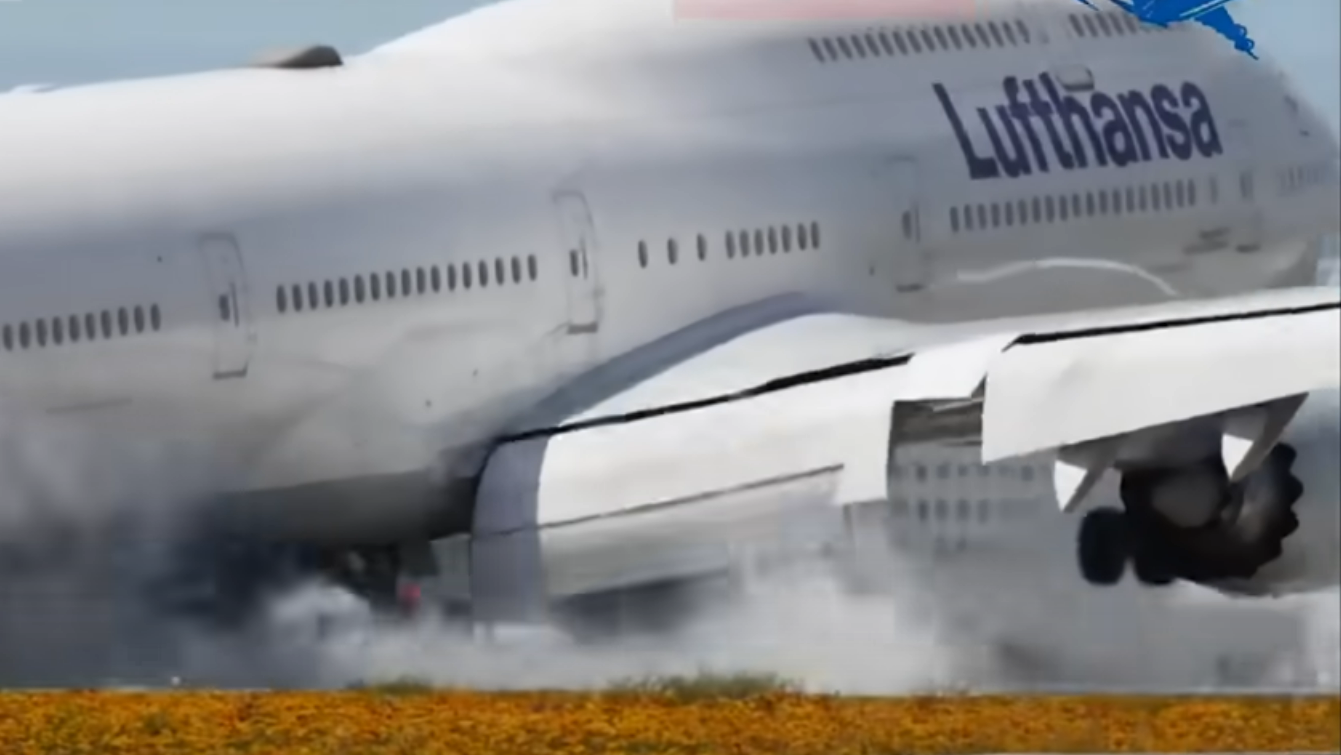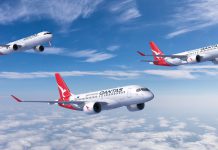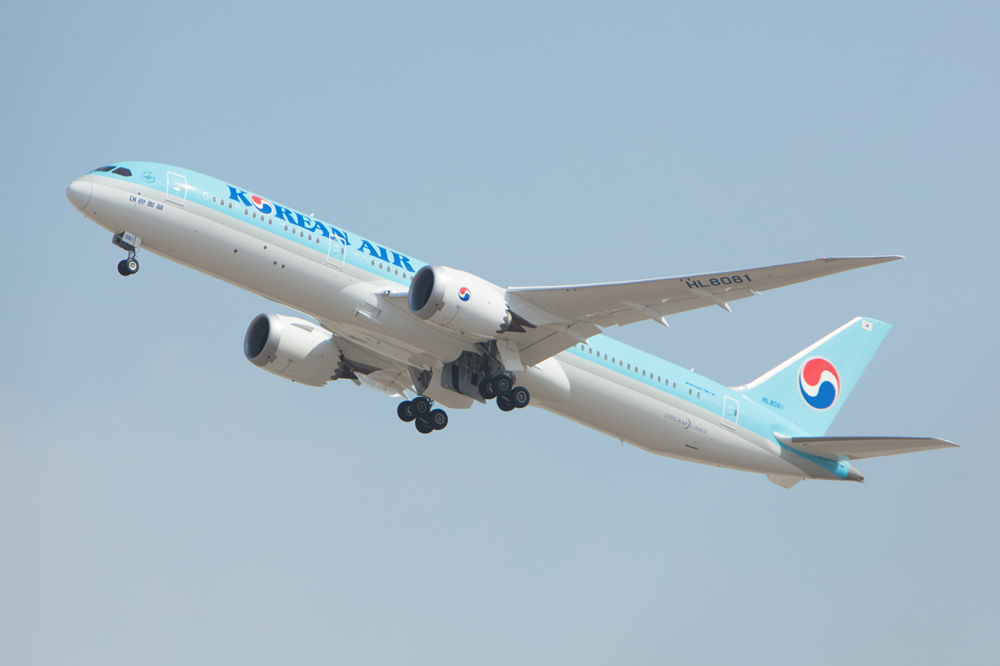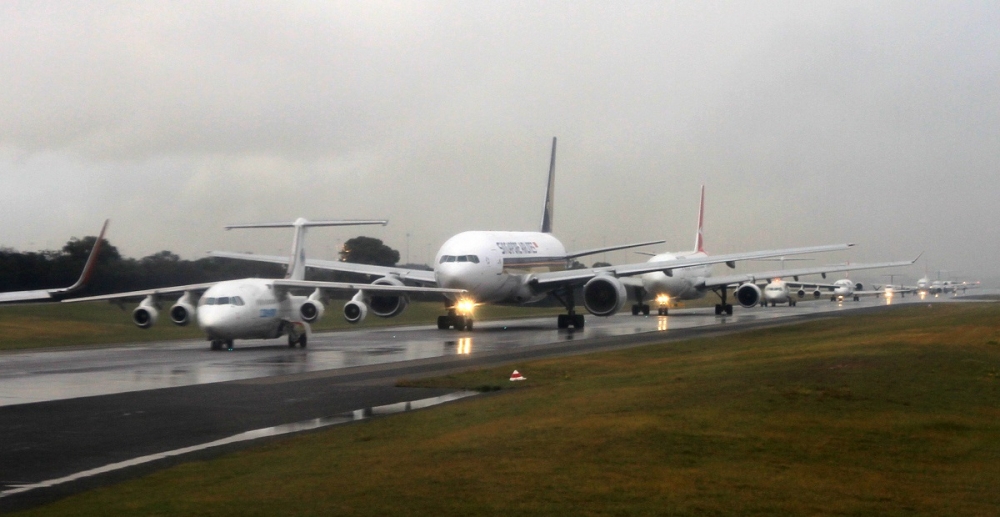Shares in airlines and cruise lines have been hit by fears of an oil price spike after an attack on a Saudi oil refinery that knocked out half that country’s crude production.
A round-up by Seeking Alpha showed falls in the share prices of major US airlines American, Delta, United, Southwest and Alaska after the price of West Texas intermediate crude spiked by 14.7 percent in the wake of the attack.
Brent crude ended Monday up 14.6 percent, the biggest increase on record.
Cruise lines Royal Caribbean, Carnival and Norwegian Cruise were also affected.
Fuel is a major cost component for airlines although most carriers hedge against sudden increases in prices.
READ: Travel agent charged with scamming 42 million Delta points.
Nonetheless, a sustained increase in fuel prices would hit airline profitability and comes as a number are also grappling with the grounding of the 737 MAX fleet.
The Guardian newspaper said economists fear weeks or possibly months of disruption if Saudi authorities cannot get the damaged facility back online soon.
“We have never seen a supply disruption and price response like this in the oil market,’’ it quoted Credit Suisse energy analyst Saul Kavonic as saying.
“Political risk premiums are now back on the oil market agenda.”
Compounding the higher fuel prices is the geopolitical uncertainty as the US and Iran face-off over the attack.
Houthi rebels in Yemen took responsibility for the attack but the US and Saudi are pointing the finger at Iran.
Global economic growth is already subdued due to the US-China trade dispute and a further slowdown could prompt people to cancel their travel plans.
The International Air transport Association warned earlier this month that the US-China trade war was continuing to drag down global airline activity with air cargo experiencing its ninth consecutive month of year-on-year falls and passenger figures showing a soft start to the northern hemisphere summer.
IATA figures showed global air freight markets contracted by 3.2 percent in July compared to the same period in 2019.
The Asia-Pacific, which accounts for more than third of air cargo, was particularly hard hit with volumes down 4.9 percent.
























